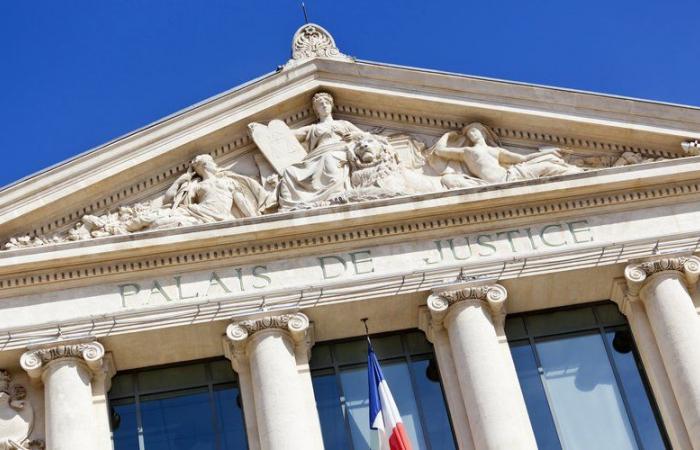the essential
Marcel Foulon, former lecturer at the National School of the Judiciary and former president of the Toulouse court, publishes “Justice and Literature”, a confrontation which tells how the judicial institution has evolved.
As chance would have it, “Justice and Literature” was the title of two books. In 2011, the famous lawyer Jacques Vergès published a work in which he wanted to imagine what the lawyer of the future will be like in the light of trials that have made history, from the tragedy of Antigone to the scandal of the Calas affair or of the mysteries of Joan of Arc.
Marcel Foulon, former lecturer at the National School of the Judiciary, former president of the Toulouse court and honorary president of the Paris Court of Appeal, takes his position, in his “Justice and Literature” which has just been published by Editions L’Harmattan, the less romantic path – whatever – with an impressive sum which tells how French Justice was able to evolve through contact with the literary glories of the 19th centurye century which sparked the fires of new freedoms to be conquered in the face of political power.
Victor Hugo, Flaubert, Baudelaire, Verlaine, Zola, Chateaubriand… These writers, who are today in the Pantheon of our literature, were also litigants and found themselves facing judges who were not very receptive to the quality of their works, but implacable when it was necessary to enforce criminal and civil laws that were much less liberal than today.
“Great writers advocate freedoms, but few fight to obtain them. Many of them are confronted with judges, all former lawyers, from the ruling classes, who submit to the political power which appoints them, impose a strict conservatism of morals, keep women in a minority state, rigorously apply the Penal Code and laws restricting freedom”, writes Marcel Foulon, who endeavored to bring together facts, sometimes historical, sometimes anecdotal, which shed light on a pivotal era.
“If we had to preserve a single illustration, it is the observation that, until 1915, there were magistrates in our country who were members of a legislative assembly, in other words in complete violation of the ancient and current principle of the separation of powers”, underlines Yves Stricker who signs the preface to the 624 dense pages of the book, punctuated with rare period drawings.
The book allows us to understand the questions that were posed to justice – and which sometimes resonate with current debates –: should judges be elected, appointed and if so by whom? What place for freedoms, morals, politics, expression or satire…?
The work lists a multitude of cases, often little known, political and literary trials which are sometimes delicious and which show how a court remains the theater of a society which evolves and which is transformed.
It was true yesterday, it is still true today.






